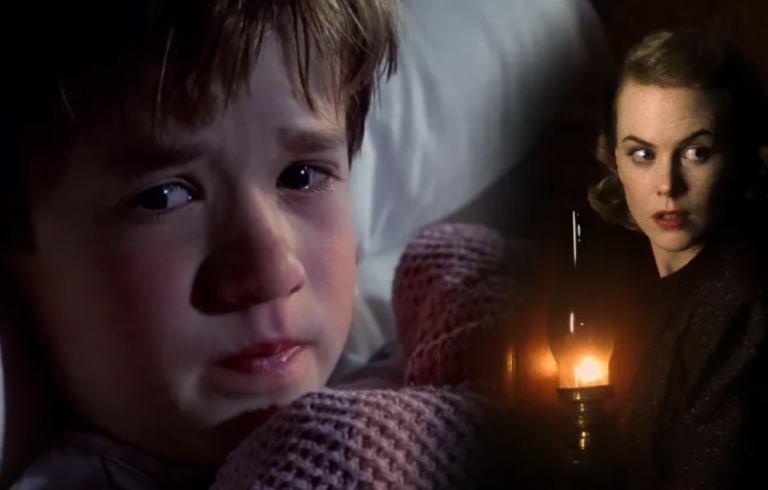How Soundtracks Shape the Emotional Experience in Movies
Soundtracks serve as a fundamental element in cinematic storytelling. They create an auditory backdrop that influences audience perceptions and emotional reactions. The interplay between music and visuals enhances narrative depth, eliciting specific feelings during key moments. This phenomenon raises important questions about the psychological effects of film music. How do these auditory cues forge lasting connections with viewers? Understanding this intricate relationship can illuminate the profound impact soundtracks have on the overall cinematic experience.
The Role of Music in Storytelling
While visual imagery and narrative structure form the backbone of cinematic storytelling, music serves as a vital component that enhances emotional depth and thematic resonance.
Through narrative enhancement, music actively contributes to mood setting, crafting an auditory landscape that complements visual elements.
This interplay between sound and story elevates the viewer’s experience, forging connections that resonate on both emotional and intellectual levels, ultimately enriching the narrative arc.
See also: How Movie Franchises Build Loyal Fanbases Across the World
Emotional Resonance: How Soundtracks Connect With Audiences
Emotional resonance emerges as a pivotal aspect of how soundtracks connect with audiences, facilitating a profound engagement with cinematic narratives.
Through carefully crafted auditory cues, soundtracks forge an emotional connection that transcends dialogue and visual storytelling.
Iconic Scores and Their Impact on Film Identity
Iconic scores serve as a defining element of film identity, profoundly influencing how audiences perceive and remember cinematic works.
Renowned iconic composers like John Williams and Ennio Morricone create memorable themes that resonate with viewers, reinforcing character motivations and narrative arcs.
These musical signatures not only enhance storytelling but also become synonymous with the films themselves, shaping cultural associations and long-lasting emotional connections.
The Science of Sound: Psychological Effects of Film Music
Sound has a profound ability to influence psychological responses, making film music a crucial element in shaping audience experience.
Research indicates that specific auditory stimuli evoke distinct cognitive responses, enhancing emotional engagement. The interplay between auditory perception and narrative context allows film music to guide viewer interpretations, reinforcing themes and character arcs, ultimately shaping the psychological landscape of the cinematic experience.
Conclusion
In conclusion, soundtracks serve as a vital component in the cinematic experience, enhancing emotional depth and narrative engagement. Research indicates that music can increase audience retention of a film’s emotional themes by up to 70%. This statistic underscores the profound impact that carefully curated scores have on viewers. By strategically employing musical motifs, filmmakers create an auditory backdrop that not only elevates storytelling but also fosters a lasting emotional connection, solidifying the film’s identity in the cultural landscape.




